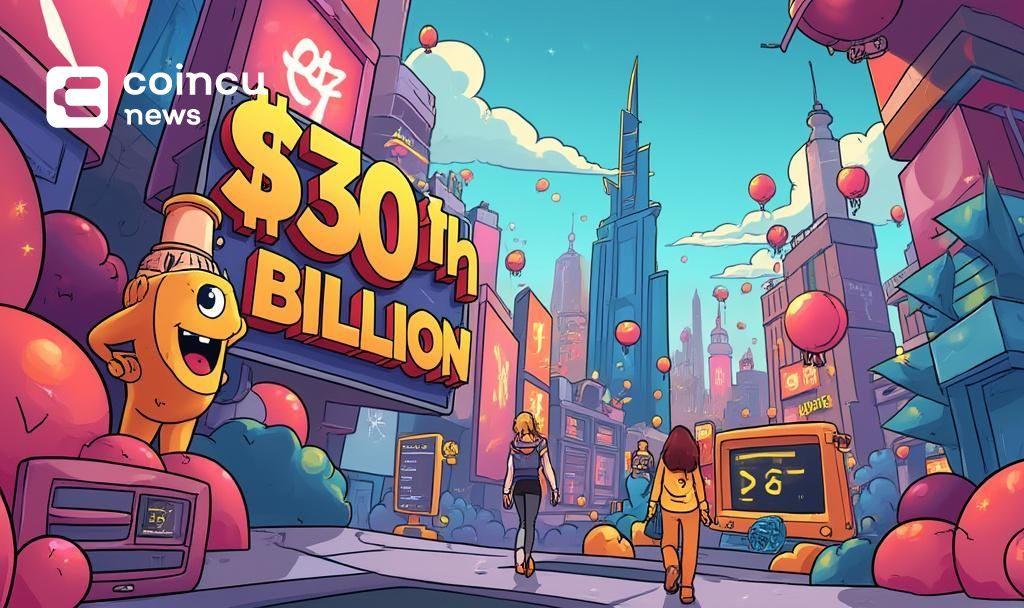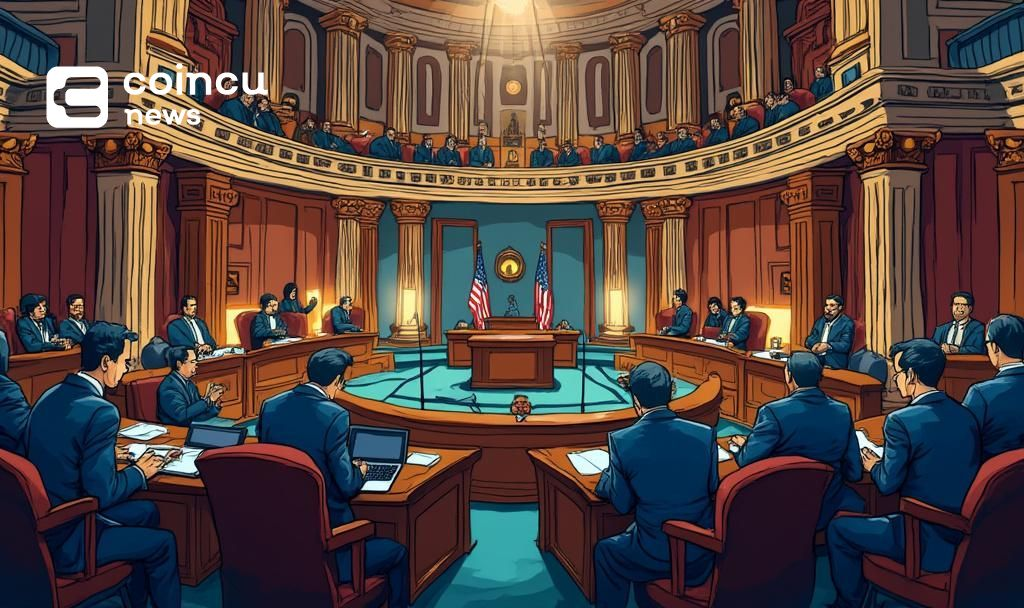$118138.061
At CoinCu News, we give both basic and in-depth articles on the latest news in the cryptocurrency and blockchain sectors.
John Kojo Kumi is a cryptocurrency researcher and writer specializing in emerging startups, tokenomics, and market dynamics within the blockchain ecosystem. With years of experience in crypto journalism and blockchain research, he provides in-depth coverage of decentralized finance (DeFi), NFTs, and Web3 innovations.
He holds a Bachelor of Arts in Geography and Rural Development from Kwame Nkrumah University of Science and Technology, Kumasi, bringing a multidisciplinary perspective to the evolving digital asset space. As a Crypto News Writer, he tracks and reports on industry trends, while his role as a Registrar at the Commission on Human Rights and Administrative Justice reflects his commitment to governance and transparency.
His expertise spans content strategy, SEO optimization, and technical research, enabling him to craft insightful, data-driven analyses. Passionate about blockchain’s transformative potential, he strives to equip readers with the knowledge to navigate the complexities of digital assets and decentralized technologies.
News
BigONE Exchange Compensates Users After $27 Million Hot Wallet Breach
BigONE faced a $27 million breach, pledging full user compensation while restoring systems.
Jul
House Vote on Unverified ‘GENIUS Act’ Sparks Controversy
Speculation surrounds unconfirmed House vote on 'GENIUS Act' amid lacking primary source evidence for crypto
Jul
Jiufang Investment Plans Major Share Allotment in Hong Kong
Jiufang Investment plans to allot 20 million shares for HK$746M, focusing on digital asset investments
Jul
Aave’s TVL Reaches Record $30 Billion Milestone
Aave's Total Value Locked surpasses $30 billion, reflecting heightened DeFi trust.
Jul
Cantor Fitzgerald Finalizes $4 Billion Bitcoin Acquisition Deal
Cantor Fitzgerald, via its SPAC, secures a $4 billion Bitcoin acquisition with Blockstream CEO Adam
Jul
U.S. House Prepares Key Crypto Legislation Vote
U.S. House set for key votes on crypto-focused bills, impacting digital asset regulations.
Jul
GENIUS Act Faces Legislative Hurdle Amid Congressional Discussions
President Trump pushes GENIUS Act despite legislative setbacks. Key players discuss potential impacts on digital
Jul
U.S. House Rejects Cryptocurrency Regulation Bill
U.S. House rejects key cryptocurrency bills, raising regulatory uncertainty and market reactions.
Jul
U.S. House Faces Hurdles in Advancing Crypto Bills, Amid Dissent
U.S. House votes on cryptocurrency bills delayed as internal GOP disagreements persist. Market awaits further
Jul
[tptn_list how_old="7" limit="5" title_length="0" heading="0" show_date="0" ]
[tptn_list how_old="30" limit="5" title_length="0" heading="0" show_date="0" ]
Lastest
BigONE Exchange Compensates Users After $27 Million Hot Wallet Breach
Top Minds Unite at ETHGlobal New York 2025 Hackathon
Metropolitan Pavilion, 125 W 18th St, United States
Web3 Hackathon






















